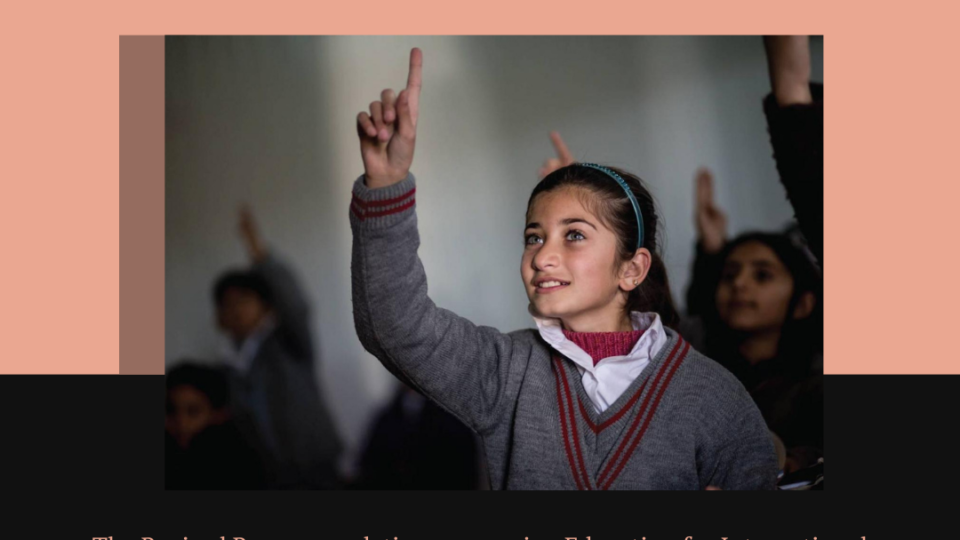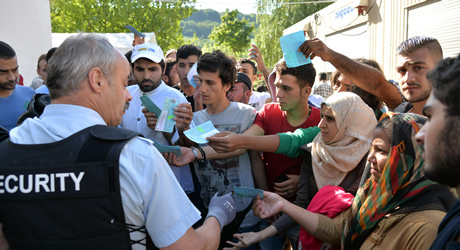The Revised Recommendation concerning Education for International Understanding, Co-operation, and Peace, and Education Relating to Human Rights and Fundamental Freedoms
UNESCO
April 4, 2023.
On April 4, 2023, the United Nations Educational, Scientific, and Cultural Organization (UNESCO) unveiled the Revised Recommendation concerning Education for International Understanding, Co-operation, and Peace, and Education Relating to Human Rights and Fundamental Freedoms. This recommendation marks a significant milestone in UNESCO’s ongoing endeavor to promote understanding, tolerance, and a culture of peace worldwide through education.
Established in 1945, UNESCO recognizes the vital role of education and culture in fostering peace and mutual understanding among nations. Since then, it has worked tirelessly to promote human values, encourage cultural dialogue, and foster common understanding while striving towards sustainable development and the protection of cultural and natural heritage.
On July 12, UNESCO Member States agreed on the revised text of the 1974 Recommendation concerning education for international understanding, co-operation, and peace, and education relating to human rights and fundamental freedoms. This global roadmap for education in the 21st century aims to promote peace, human rights, and global citizenship. The revision process involved extensive collaboration with over 200 delegates from 112 countries and input from various experts and organizations. The revised text will be presented for adoption at the 42nd session of the General Conference in November 2023. After adoption, UNESCO will work on an implementation guide to help stakeholders apply the principles of the Recommendation. It is expected to shape education policies and systems over the next 30 years, addressing modern challenges and fostering a values-driven future for learners worldwide.
The revised recommendation addresses several aspects aimed at creating a more tolerant and culturally diverse world. It emphasizes the importance of providing education that fosters an understanding of others and encourages international collaboration in all fields. Additionally, it underscores the significance of dedicating education to human rights and fundamental freedoms as a fundamental basis for justice and comprehensive development.
In the face of 21st-century challenges, with escalating tensions, conflicts, and global issues, UNESCO places a strong emphasis on education and learning as a means to achieve peace and stability. The organization aims to cultivate a new generation of conscious, tolerant, and proactive citizens capable of effecting positive change.
The revised recommendation seeks to support member states in identifying their unique educational needs and developing programs that reflect people’s aspirations for cooperation, peace, and social justice. In this context, the recommendation serves as a starting point for collaborative efforts to build a brighter and more prosperous future for all.
In conclusion, this Revised Recommendation represents a significant and tangible step towards realizing UNESCO’s vision of a world defined by tolerance, knowledge, and peace. As a leading global organization in the fields of education and culture, UNESCO remains committed to enhancing educational efforts and deepening the understanding of diverse cultures and international cooperation, fostering a future where peace, justice, and collaboration among peoples prevail.
To read the full recommendation, click here.




